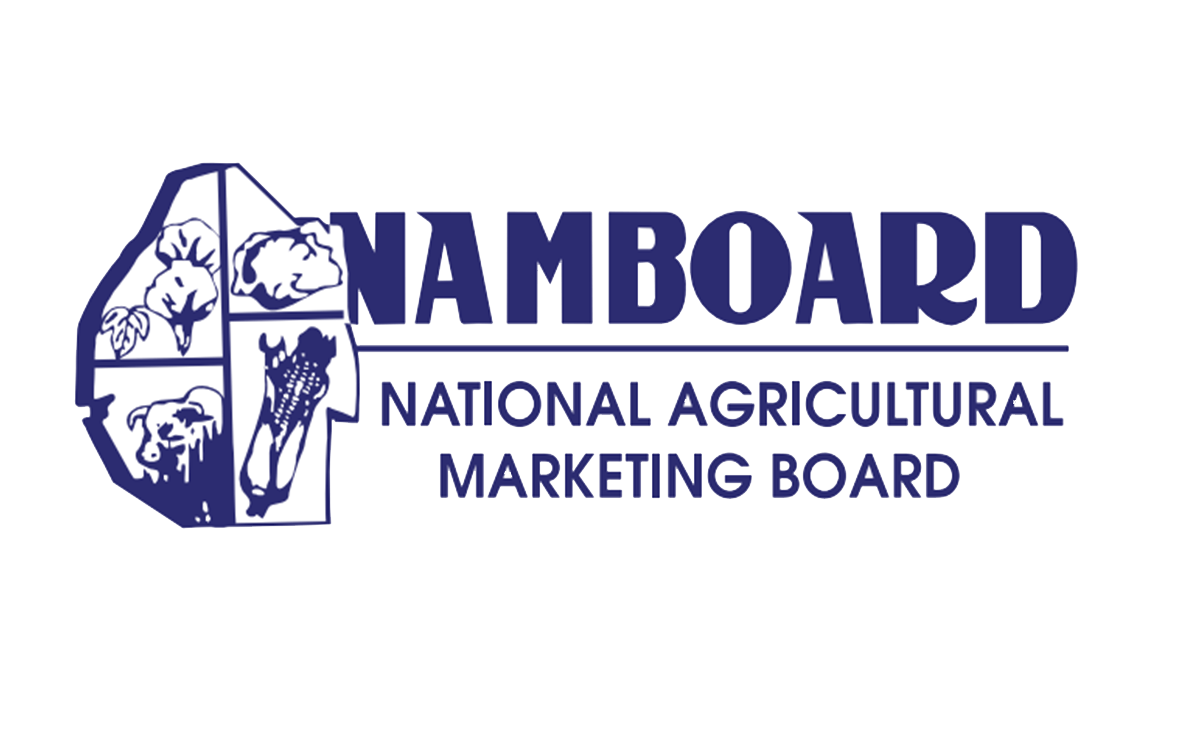The National Agricultural Marketing Board (NAMBoard) is a government of Eswatini business enterprise under the Ministry of Agriculture established through an act of parliament referred to as the NAMBoard Act No. 13 of 1985. Its core mandate is to regulate the importation and exportation of scheduled agricultural products as well to facilitate development and production of such produce in the country. The mandate is further entrenched in NAMBoard’s vision “To promote a financially sustainable farming community that contributes significantly to food security and to the economy of Eswatini”.
The horticulture sector is full of small-scale vegetable farmers with most of them farming on areas less than 1 hectare. The costs of production make it expensive to produce on medium to large areas. During the past 2 years we have seen the area under production decreasing further with the advent of Covid-19, compounded by the recent invasion of Russia on Ukraine. These calamities have resulted into a significant increase of farming input prices which has doubled from the prices of last season. Some farmers have reduced their production area to what they can afford to provide as inputs while some farmers have completely abandoned production. In worse cases, some farmers have resorted to reduce the recommended input quantities but still apply in the same size of production area. This has resulted to drastic decline in yields.
